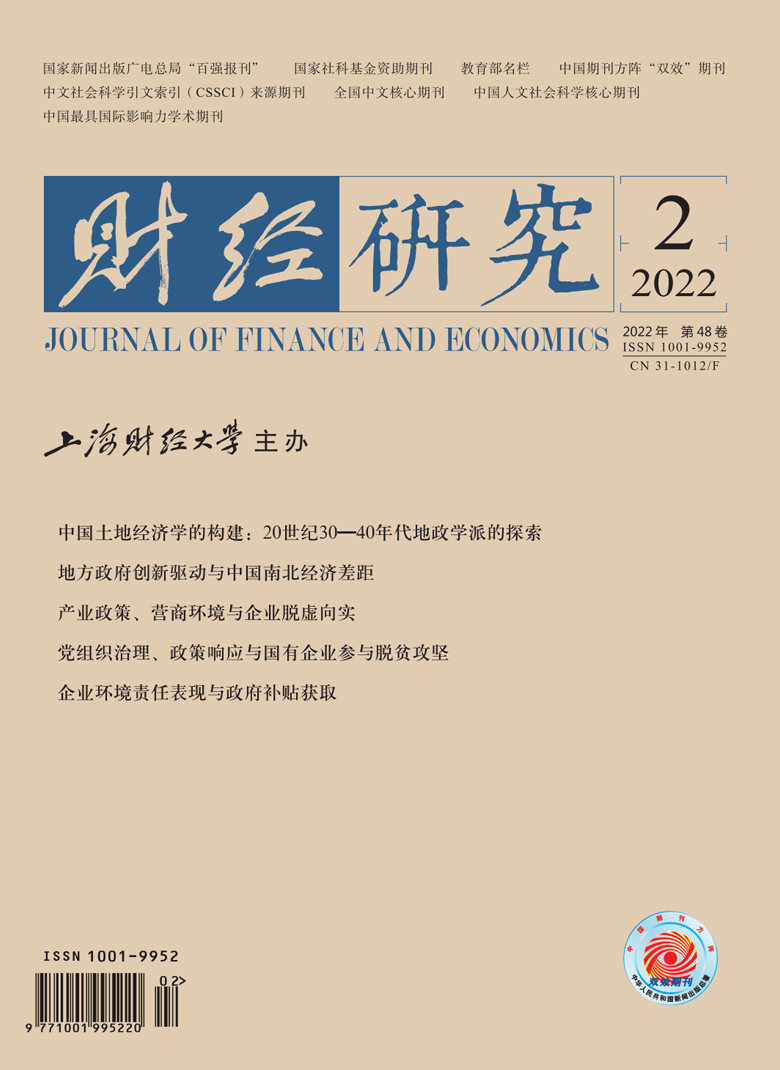Most of the existing literature has studied the role of informal institutions from the perspective of economic value, but lacks a micro-analysis framework from the perspective of social value, and empirically lacks the causal effect that can accurately establish informal institutions on micro-subjects. From the perspective of social value, corporate social responsibility (CSR) has increasingly become an important and hot topic of common concern for the government, academia and industry. Existing studies have conducted extensive discussions on the impact of formal systems on CSR activities, such as legal systems, government administrative rules and regulations, media supervision systems and other external driving forces, as well as internal driving forces such as trade union systems and independent director systems. However, although the formal system does play a restrictive role in some aspects, accidents in which enterprises ignore social responsibilities, such as food safety, environmental pollution and safe production, continue to take place.
The findings indicate that relying on formal systems to encourage enterprises to take the initiative to undertake CSR activities is limited, which needs to be expanded from informal systems. Therefore, this paper supplements the existing literature by examining the impact of social credit on CSR. Based on the data of China’s A-share listed companies from 2009 to 2017, this paper treats the construction of China’s social credit system as a shock event, uses the DID method to examine the causal effect of social credit on CSR, and examines the different roles of external formal institutions, corporate ownership, internal and external corporate governance. The results show that: (1) Social credit has a significant positive impact on CSR. (2) The two potential mechanisms are that social credit reduces agency costs and information asymmetry, thereby promoting CSR. (3) Further analysis finds that social credit promotes CSR in the absence of external formal institutions, indicating that there is a substitution effect between informal and formal institutions. (4) Finally, the conclusions are more pronounced in non-state-owned enterprises and enterprises with weaker internal and external corporate governance. Overall, this paper uses the construction of a social credit system as a new method to measure social credit, enriches the research on the driving factors of CSR at the firm level, and provides empirical evidence for the government and enterprises to re-examine the social value effect of social credit.





 7143
7143  11240
11240

